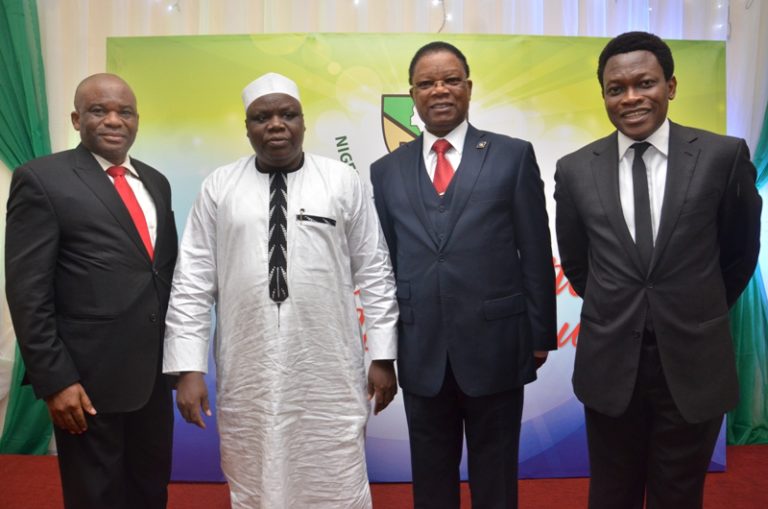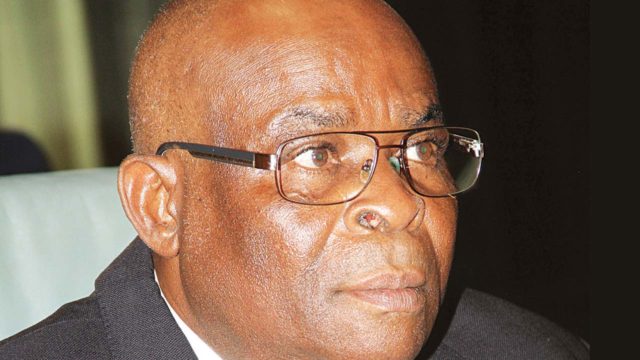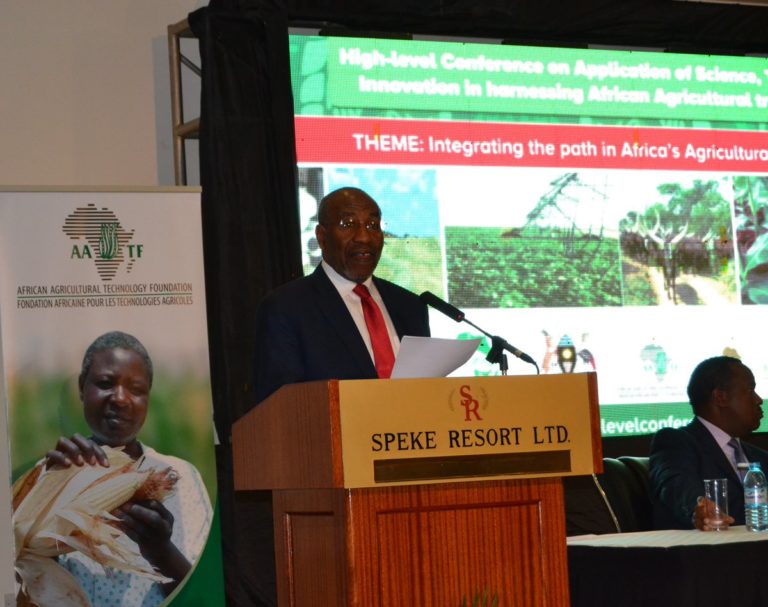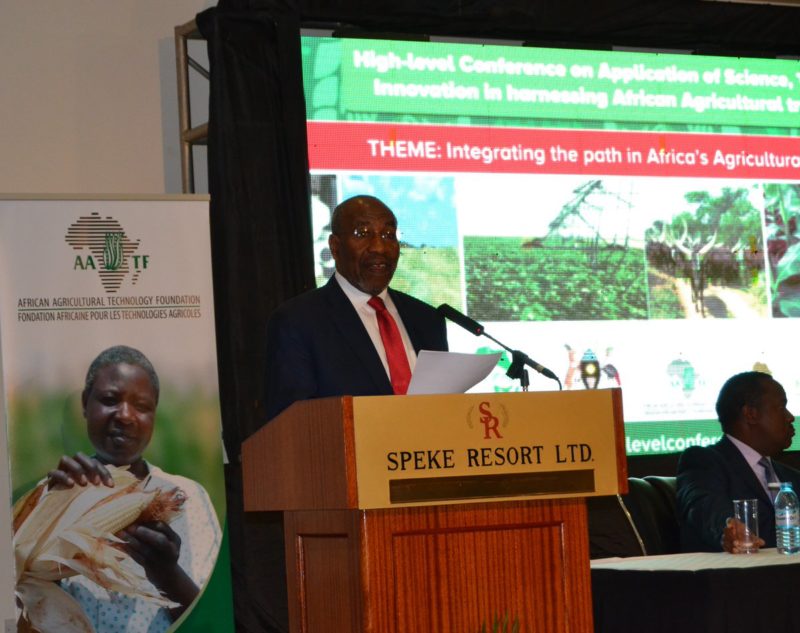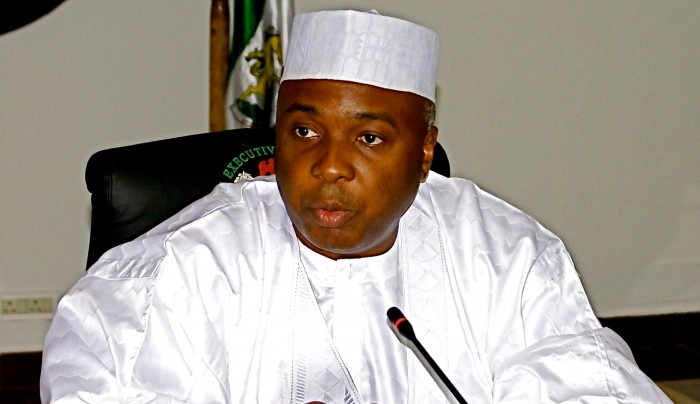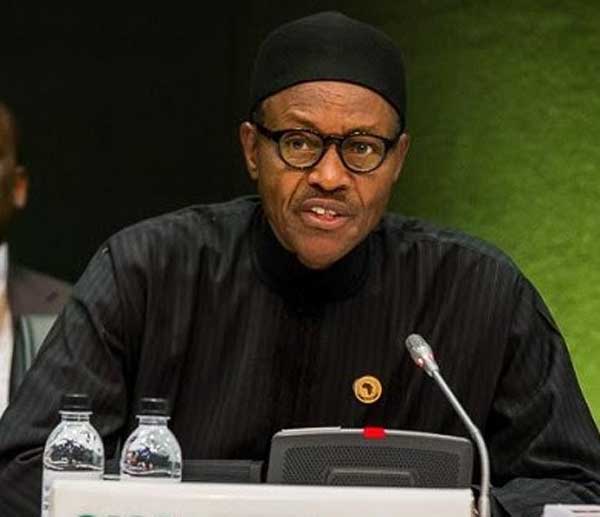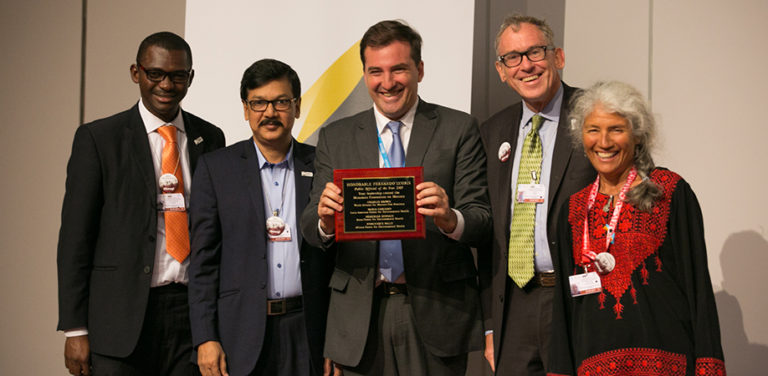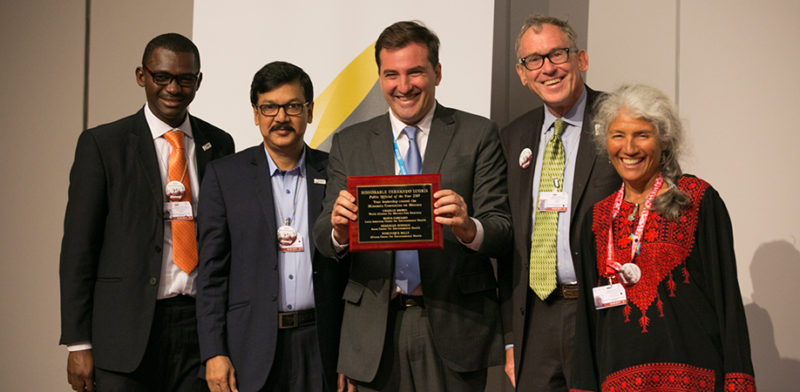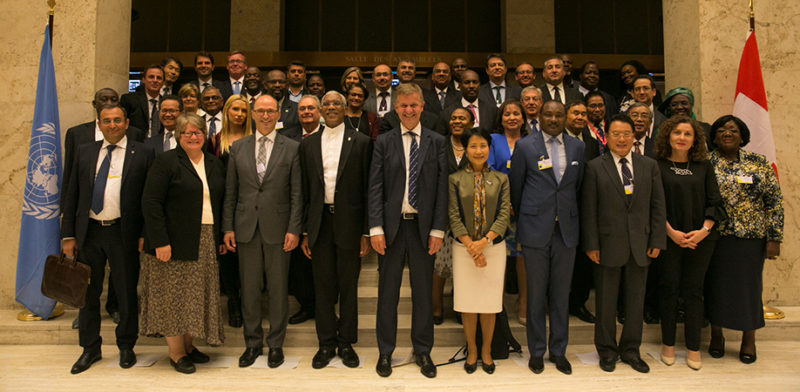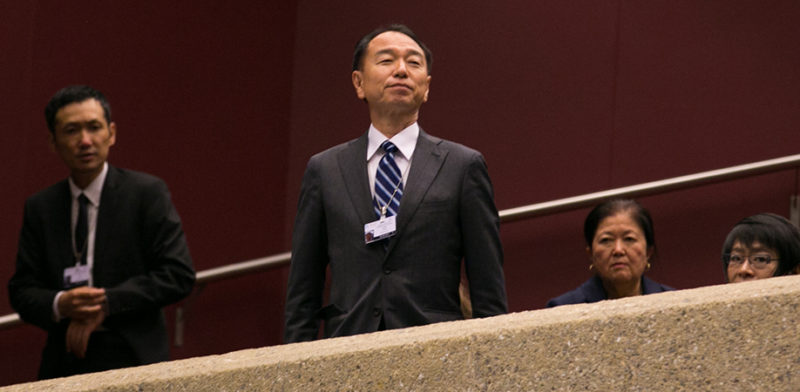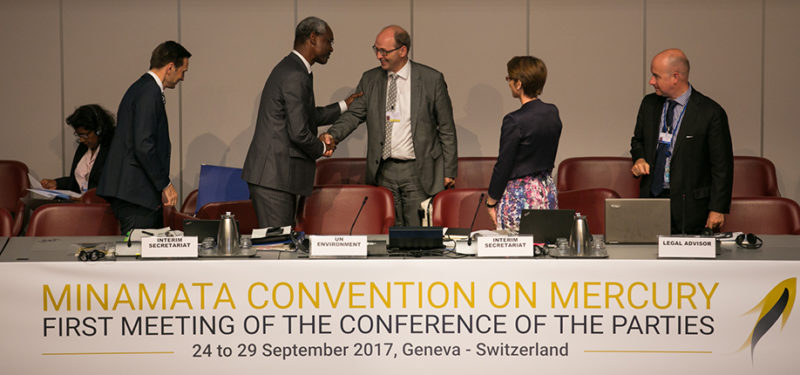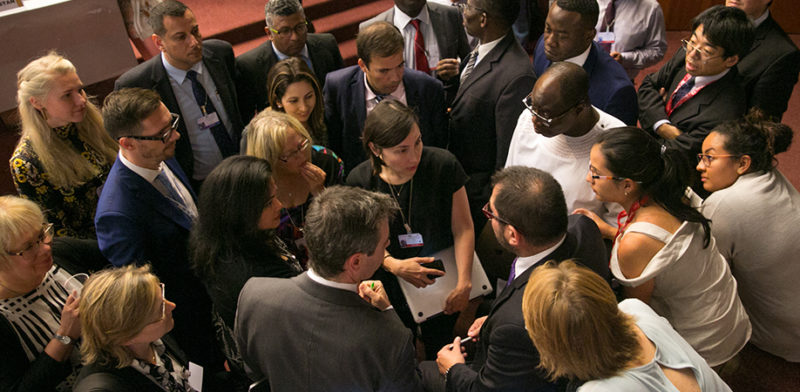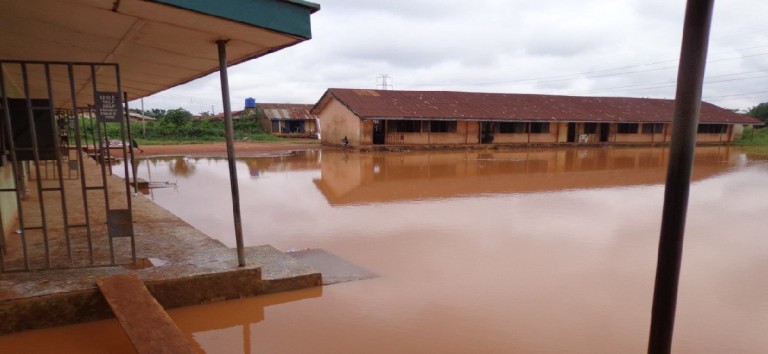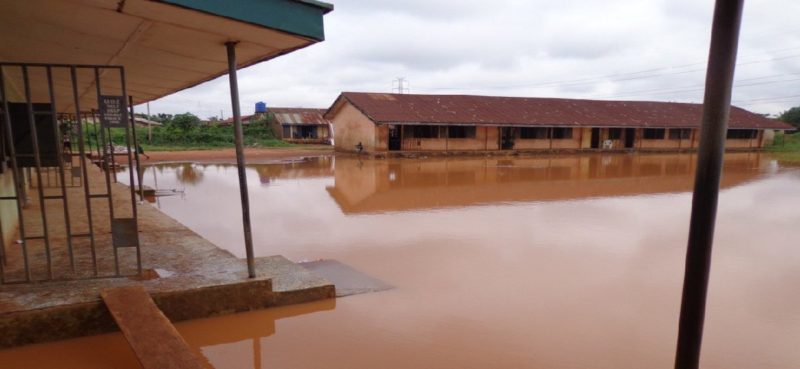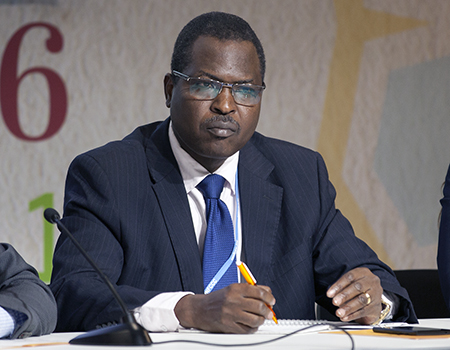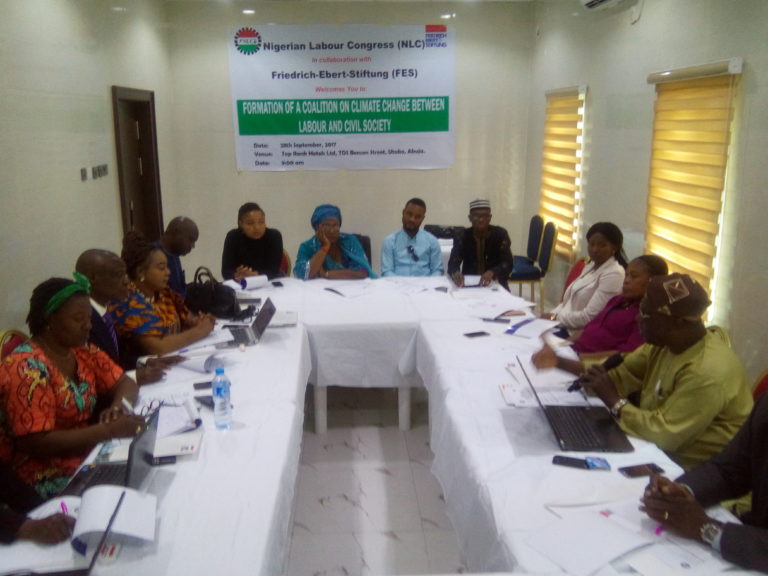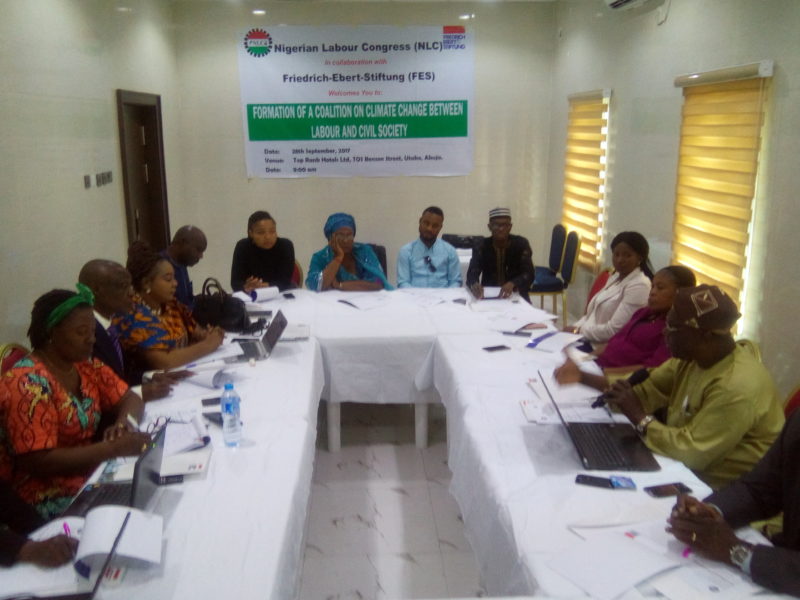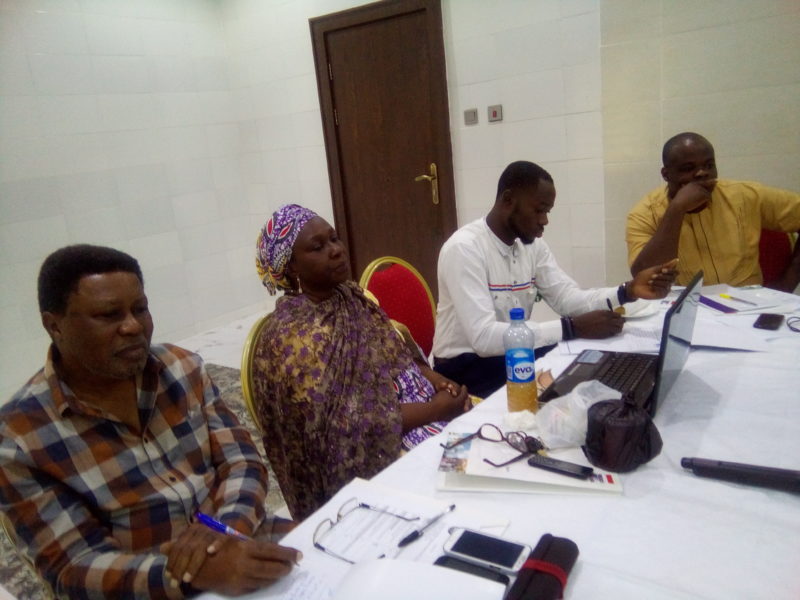The Federal Government has been called upon to turn a new leaf and give priority to research and development.

Professor Isa Marte Hussaini, world-renowned cancer researcher and professor of Pharmacology at the University of Maiduguri, who made the submission recently in Lagos as the Nigerian Academy of Pharmacy inducted new Fellows, called for greater commitment on the part of the government to the funding of research in the country.
“Inadequate funding is still a big challenge for Research and Development in Nigeria, as well as lack of constant power supply and non-availability of reagents which we have to buy from US and UK. We need more research grants in our country; it is not about the personnel but the tools to work with. All over the world, there are Nigerians who have distinguished themselves in the field of medicine,” Hussaini lamented as he delivered a keynote address at the investiture ceremony.
Prof. Hussaini, whose cancer research is exploring the use of local herbs in cancer therapy, reminded the audience that “cancer is the second leading cause of death globally, adding that the first is cardiovascular diseases with 8.2 million deaths reported worldwide as at 2012.
“Sadly, a lot of the research grants in Nigeria are focused on deaths arising from preventable diseases like Malaria, TB when we should really be funding ground breaking research on cancer. We have seen fruitful evidence of the use of local herbs in the management of cancer in Nigeria,” he said.
The Academy, which has been in the fore-front of educating, mentoring and motivating young pharmacists, recently organised in partnership with the Pharmaceutical Society of Nigeria and active engagement with other health professionals, a workshop on inter-professional collaboration in Nigeria’s healthcare sector. The workshop, it was gathered, helped to complement other efforts that seek better cooperation amongst Nigeria’s healthcare professionals, in the interest of the health of people in Nigeria.
The Nigeria Academy of Pharmacy inducted six distinguished professionals into its ranks as fellows at the investiture ceremony.
Those inducted include Director-General, Nigerian Institute for Pharmaceutical Research and Development (NIPRD), Prof. Karniyus Gamaniel; former deputy provost, University of Lagos, Prof. Herbert Coker; one-time national pharmaceutical advisor, World Health Organisation, Dr. Ogori Taylor; first African woman to bag the fellowship of American Association of Pharmaceutical Scientists (AAPS) in the US and Professor of Pharmaceutics, Prof. Mojisola Adeyeye; Pharmacy Residency Director, Mercer University College at Atlanta Medical Centre, Dr. Teresa Pounds; and communications management consultant and CEO of XLR8, Calixthus Okoruwa.
Speaking at the Investiture of the new fellows, President, Nigeria Academy of Pharmacy, Prince Julius Adelusi-Adeluyi, noted that the “individuals we are today inducting into our ranks are those with a strong passion for scientific research. These are tested professionals who appreciate the value of research in fast-tracking the social and economic progress of societies.”
He described pharmacy as the bedrock of effective healthcare delivery in the country and the most trusted healthcare provider as well as a driving force behind the discovery of new drugs.
According to Adelusi-Adeluyi, “Pharmacy is the key that unlocks all you need to know about medicine, Pharmacists are with you in sickness and health, counseling the patients and we serve with integrity. The Academy is exploring ways by which we can collectively convert the massive footprint of visitors to hospital pharmacies into real value for the profession and its practitioners.”
On his part, President, Pharmaceutical Society of Nigeria, (PSN), Ahmed Yakasai, said the body was committed to making Nigeria the hub of pharmaceutical production and research in Africa.
“Through a well-tailored plan which we have broken down to short, medium and long-term plan, we are looking to promote pharmaceutical manufacturing in Nigeria and examining the possibilities of producing about 70% of what the industry needs especially the Active Pharmaceutical Ingredients while importing the remaining 30%.”
Yakassai also announced the establishment of the PSN Foundation which would be launched in Abuja on October 17, 2017 while noting that the 90th celebration of the PSN, scheduled to hold in Umuahia, would be a grand, epoch making occasion for all pharmacists.
The Nigeria Academy of Pharmacy is a specialised academy that, among others, seeks to promote scientific research and professional development especially in the health, pharmaceutical and related sectors in order to help overcome challenges posed by pain and disease as well as fast-track social and economic development in Nigeria and beyond.

